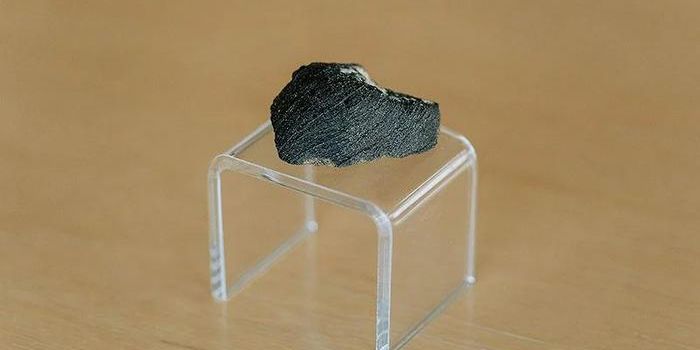Rising Sea Levels Affected African Penguin Populations - and Will Continue to Do So
A recent study from the African Journal of Marine Science looks at the paleo-historical past of African penguins, tracking them more than 22,000 years in the past.
The study finds that conditions during the Last Glacial Maximum (LGM) on islands off Africa’s West Coast vastly differed from those today. Researchers from Stellenbosch University’s evolutionary genomics research group in the Department of Botany and Zoology and the School for Climate Studies believe that at the time, numerous islands provided suitable nesting conditions for more than 18 million penguins. Looking at islands that are currently 10 to 130 meters below sea level, they identified up to 220 potential historic islands that may have housed penguins over the past 15,000 or more years.
Since then, rising sea levels have affected habitat availability, reducing the number of large islands suitable for penguin populations to only five. One of these islands, Dassen Island, housed an estimated 1.45 million penguins in 1910. One hundred years later, in 2011, the population on Dassen Island had declined to 21,000 breeding pairs and continued their steep decline, dropping to only 13,600 breeding pairs by 2019. The species has been classified as “Endangered” by the International Union for the Conservation of Nature.
Dr. Heath Beckett, first author of the article and postdoctoral fellow at Stellenbosch University’s School for Climate Studies, notes that other anthropogenic forces have exacerbated the harmful effects of climate change that accelerated during the 1900s.
“This [reduced habitat availability] could have had a massive effect on penguin populations. These populations are now experiencing additional human pressures on top of this in the form of climate change, habitat destruction and competition for food,” Dr. Beckett said.
And yet, the study authors found hope for the future of the African penguin in the story of its trying past. The study concludes that changing sea levels would have forced colonies to relocate and compete for breeding space, causing the penguins to become resilient when faced with rapid habitat change.
“It’s a total survivor and given half a chance, they will hang on. Island hopping saved it in the past, they know how to do this,” said Prof. Guy Midgley, interim director of SU’s School for Climate Studies and study co-author.
Sources: African Journal of Marine Science, EurekAlert!








